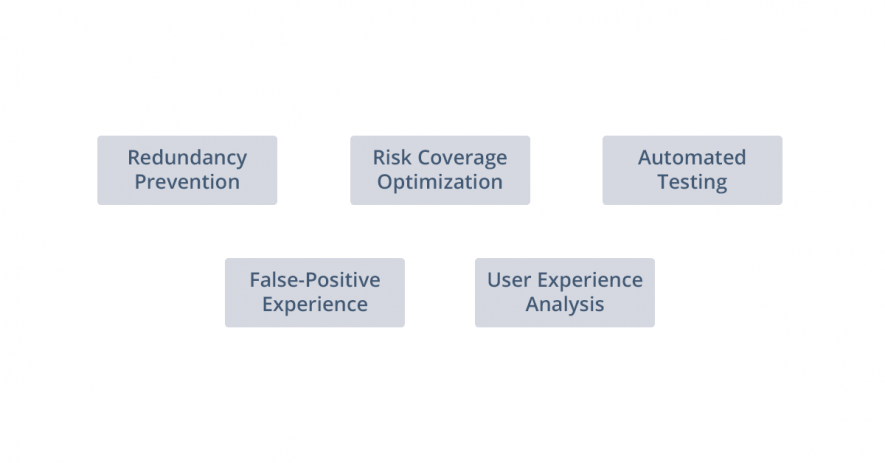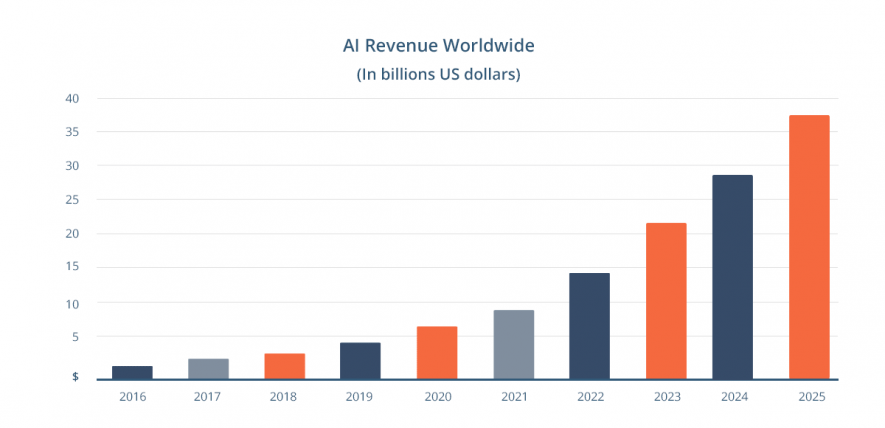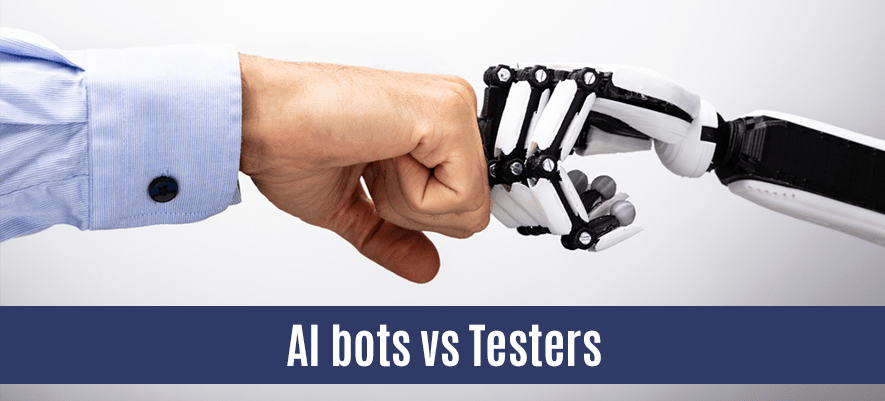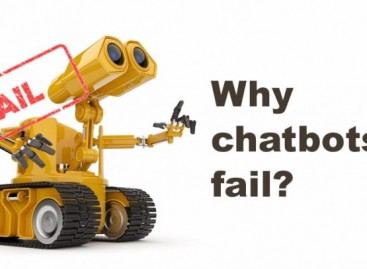- QATestLab Blog >
- QA Trends >
- Can AI bots replace the testers team or no?
Nowadays nobody stays indifferent when it comes to Artificial Intelligence (AI). Its business value is projected to reach almost four trillion U.S. dollars by 2025. So why do we bring up this point again as everybody is satisfied: the business is growing, employees’ work is simplified? The reason is in the heading – what if AI bots will fully replace the QA team and when do we need to start worrying about it? Read the article to get the answers.
Real advantages of AI bots in quality assurance sphere
Testers face numerous challenges while performing product’s quality assurance. Almost always they take insubstantial time and efforts. These resources can be saved today by applying AI in certain processes of software testing. Here is what you and your project can get from AI implementation: AI to speed up manual testing. Routine and repeated actions like “click the icon 100 times” are not that rare in the process of testing. Plus it takes much time and is more expensive if conducted manually. Besides, human testers can make mistakes and give false results of such checkings. Artificial intelligence considerably speeds this process for both developers and testing engineers. Analyzing big data and sorting log files aren’t that scary anymore.
AI to speed up manual testing. Routine and repeated actions like “click the icon 100 times” are not that rare in the process of testing. Plus it takes much time and is more expensive if conducted manually. Besides, human testers can make mistakes and give false results of such checkings. Artificial intelligence considerably speeds this process for both developers and testing engineers. Analyzing big data and sorting log files aren’t that scary anymore.
Automated testing. Code optimization is a part and parcel of any development process. AI bots now are able to define and estimate changes in the code. The required test code is updated manually and then run by AI bots.
Risk coverage optimization. Artificial intelligence assists in test optimization by reducing the number of test cases and designating their risk level.
Reduction of False-Positive Experience. False alarms are connected with those negatives (malware) that lead to positive test outcomes. AI bots are designed to recognize and block such threats.
User Experience Analysis. When it comes to big data processing, AI capabilities take leading positions. Scenarios for software testing that predict users’ needs and requirements are developed and analyzed by AI bots.
It is far not the whole list of functions machines can do instead of manual testers. They become a significant element of the entire QA process, taking automation over manual testing. In addition AI bots do not complain, work without sick leaves and are always ready to perform their duties. Should we pack our suitcases and look for places that aren’t YET occupied by robots? Take it easy for now because the picture is not that bright as it is painted.
Disadvantages of AI bots in QA sphere
Artificial intelligence runs the testing process when we face analyzing big scopes of data, performing continuous (routine) actions that do not expect any deviations in the process. That is great when your clients are patient and don’t require immediate feedback or changes to the existing product’s functionalities. QA engineers can now enjoy a small triumph: AI bots cannot handle such issues.
Meeting business requirements presupposes the implementation of new functionality and usability characteristics. Validation of all these requirements and their correspondence to the product’s specifications is one of the reasons why humans won’t fully be replaced by AI bots. They can be successfully used for performing repetitive actions still staying under the control of human testers. Another challenge for machines is exploratory testing which fully depends on the human’s skill to discover, investigate, and learn.
It is also hard to believe that usability testing can be effectively performed by AI bots. They aren’t able (at least for now) to explain why a definite format or configuration is more preferable or user-friendly. This is one more proof in favor of tester’s logic and common sense. On the other hand, we cannot simply divide the world into black and white. Artificial Intelligence penetrates into our life step by step, though it isn’t that perfect. According to the World Quality Report, 60% of respondents stated that their current or future projects involve the use of AI.
As for its market revenue, it is projected to reach 40 billion US dollars until 2025.
Final Thoughts on AI in QA
The conclusion is that the implementation of AI in the sphere of QA drives testers to improve their skills and competencies not to be fully replaced by robots. Machines are here to stay and run automated processes while humans are responsible for logic, creativeness, management, and supervision. QA activities that require such kind of skills will still be performed by people, but adoption of AI and smart cooperation with machines will take the QA process to a higher level.
P.S. Here is my tip for you: do your best at work but watch your back not to be taken aback by some robot.
Learn more from QATestLab
Related Posts:
- Artificial Intelligence: adoption and obstacles
- Why Robot is not a Substitute for Human Tester
- How We Incorporate AI in Our QA Processes
About Article Author
view more articles
has 3-year experience in blogging, technical writing, and copywriting.
View More Articles







No Comments Yet!
You can be the one to start a conversation.